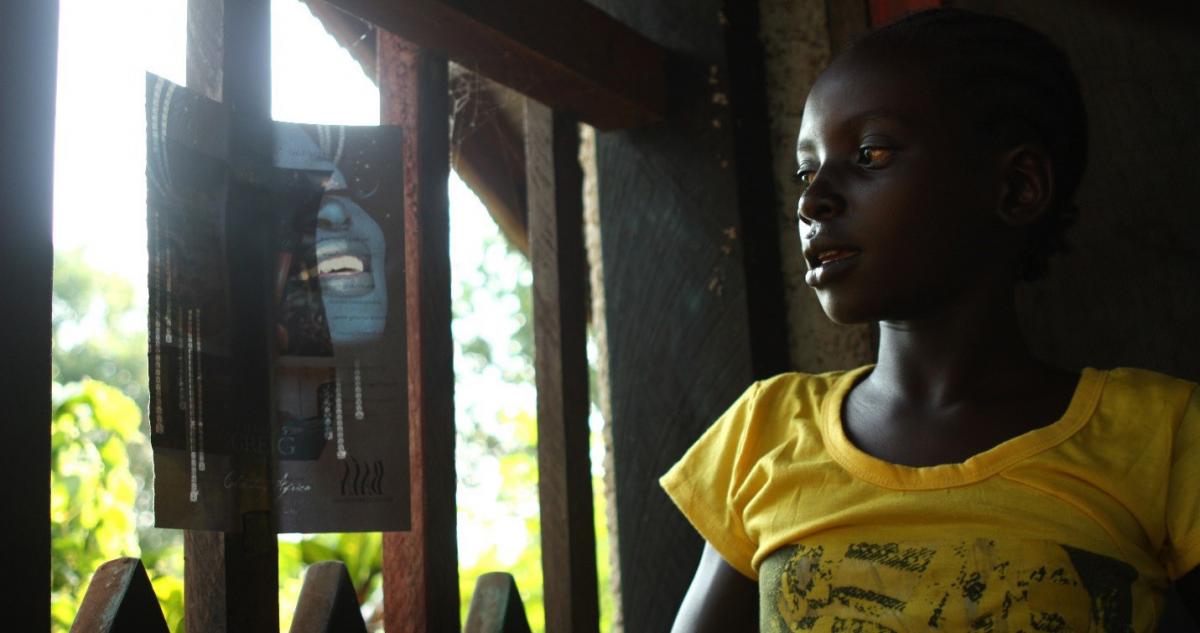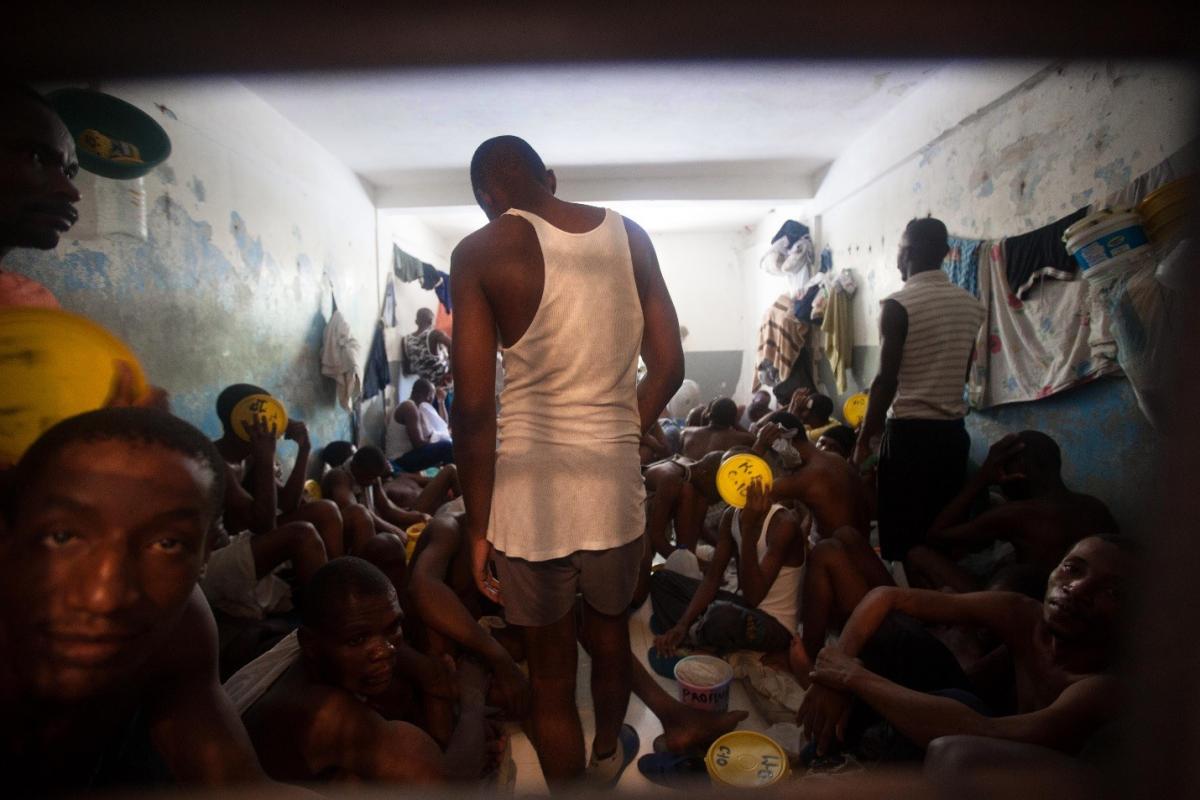Letters From Alumni
By Meredith Hutchinson
BA, Religious Studies and English Writing, Director/Photographer for Vision Not Victim Project

In 1972, the Pioneer Plaques were designed and attached to the first human-built vessel to leave the solar system (I know this is an odd way to begin a GS post, but stick with me). These gold and aluminum plates, with etched drawings of human figures and maps of our solar system, were designed by two scientists - Carl Sagan and Frank Drake - and meant to visually represent humanity in case they were intercepted by extraterrestrial life.
This exercise in representation is fascinating. How do we begin to symbolize our species? How do we portray our planet and communicate our cultures to a foreign something or someone? And who is the "we" that has the legitimacy and acumen to reduce humanity to a few images or words?
I don't spend my days reflecting on how to depict all mankind, yet I have been grappling with these questions on a much smaller scale since college. I began my time at Pitt with a passion for literature and photography, and a desire to actively help others. My academic experiences within and beyond the Global Studies Program first turned my attention to the international arena and representation. I recall discussing the construction of the "other" in 17th Century British literature; the portrayal of Africans from different parts of the continent in colonial politics; and the symbols of revolution throughout history. I wanted to examine these questions in a more functional way, and the Global Studies Program helped connect me with unique opportunities. For example, the summer of my sophomore year I was able to live and work in a refugee camp in Zambia, where I initiated a refugee-run newspaper that allowed residents to communicate their identities, ideas, and priorities to a larger audience.
|
|
| The criminal justice system, along with the rights of prisoners, is not always a priority in humanitarian contexts. While working in Haiti, I had the opportunity to visit a prison in the north of the country. This is an image of a single cell meant to hold a handful of men, now crammed with about 30 individuals (both those charged with a crime and those simply accused), who eat, sleep, and live in this stifling concrete box. |
An understanding of social, political, and economic contexts, combined with a curiosity for other cultures and how we communicate, is remarkably important. It’s taken me across the globe and back again, and allowed me to work with humanitarian leaders and advocates who appreciate my knowledge base and desire to ask (through images and text) these fundamental questions. As I began searching for a photography job, I found that my creativity, coupled with research and project management skills refined at Pitt, allowed me to create a niche and find employment. Perhaps more importantly, they gave me the confidence and connections to create my own programs. I most recently partnered with the International Rescue Committee and designed and piloted a photography intervention in the Democratic Republic of Congo with the aims of creating participatory images that defy stereotypes; giving individuals greater control over how they are portrayed; and highlighting the potential and future visions of ambitious Congolese adolescent girls.
Jobs in international affairs, whether in the private, public, or academic sphere, require us to understand and represent ourselves and others to, perhaps not the universe, but the wider world. Global knowledge -- learned in the classroom, on campus, and abroad – has given me the understanding to responsibly take on this challenge, and the professional opportunities to be a part of imaging and shaping the world.
Meredith Hutchison is a NYC-based photographer, writer, and advocate. She has worked at the intersection of media, governance, and development in North and Sub-Saharan Africa, Europe, the Caribbean, and in the U.S. Meredith holds a Masters in International Affairs from Columbia University and a BA in Religious Studies and English Writing from the University of Pittsburgh. She currently acts as the director of the Vision not Victim Project, working with adolescent girls to share their vision for the future and redefine the types of images used in advocacy.
www.MeredithHutchisonPhotography.com
Twitter: @merehutch
+(1)(610) 392-9665
"The most political decision you make is where you direct people's eyes. In other words, what you show people, day in and day out, is political...And the most politically indoctrinating thing you can do to a human being is to show him, every day, that there can be no change." - Wim Wenders
Click here to read Jeff Nelson's article
Click here to see other Spring 2014 GSC Newsletter content

